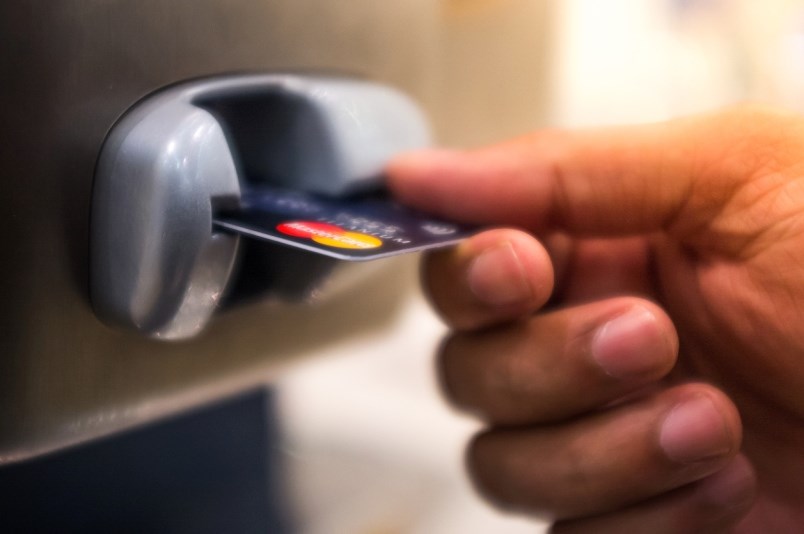The Better Business Bureau (BBB) sweepstakes and lottery scams are reaping in more money from victims – with the COVID-19 pandemic partially to blame for the increase.
That’s left some Burnaby residents out money in a scam that truly is too good to be true.
New BBB research is an update of the 2018 in-depth investigative study, Sweepstakes, Lottery and Prize Scams: A Better Business Bureau Study of How “Winners” Lose Millions Through an Evolving Fraud. Since the study’s publication, there has been a 16% decrease in complaints to the Canadian Anti-Fraud Centre (CAFC), with similar trends in these reports to the FBI’s Internet Crime Complaint Center (IC3). However, financial losses reported to the agencies rose dramatically in 2020 with the COVID-19 pandemic. Across Canada, BBB saw a 40% increase in these reports when compared to 2019, and 2021 reports are on pace to surpass last year’s total.
“I got a message from Facebook from someone who I thought was my friend at the time (but it was a scammer who made an account to look like it was my friend), saying he found a website where he won money and was passing it my way so I could too,” wrote one victim. “So I go on the site and I see a pop-up saying I won $230,000, and all I had to do was pick an amount to pay in fees, send the money in a transfer and I would get a lump sum. So I fell for it and made a payment. Afterwards they said the money was seized at the border and that I had to send an additional $5831 to have the money released and sent to me in cash. I tried to send more money and my bank had blocked my account from sending e-transfers. They told me to call back ASAP. I was terrified and scared that my account was blocked by my bank. The scammer told me to call the bank ASAP and make a story as to why I was retransferring the money. I panicked and lied to the agent and said I owed an ex money. The agent told me that it sounded like a scam. I didn't realize until it was too late. The bank said I would not be compensated because I lied, but the truth is I panicked. The scammer was telling me what to say and was texting me that I need to hurry and send the money. I know I made a huge mistake. I lost my life earnings of $12,250 which I will never get back.”
People over the age of 55 continue to be the primary target of sweepstakes, lottery, and prize scams, representing 72% of reports about this scam to BBB Scam Tracker during the last three years, said the BBB. Of the older consumers who were targeted, 91% reported that they lost money, with a median dollar loss of $1200. Those 18-54 lost an average of $318.
“Older people seemed particularly vulnerable to these scams due to factors like the confinement and isolation caused by COVID-19 restrictions, mental decline, financial hardship, recommendations from friends and the desire to feel financially helpful again, especially if this was their former primary role in the family,” said Karla Laird, senior manager for media and communications at BBB Serving Mainland BC.
How to tell fake sweepstakes and lottery offers from real ones:
- True lotteries or sweepstakes don’t ask for money. If someone wants money for taxes, themselves, or a third party, they are most likely scammers.
- You have to enter to win. To win a lottery, you must buy a lottery ticket. To win a sweepstakes or prize, you must have entered first. If you can’t remember doing so, that’s a red flag.
- Call the sweepstakes or lottery company directly to see if you won. Make sure to research the number carefully before calling and avoid using contact information received from the potential scammer.
- Do an internet search of the company, name, or phone number of the person who contacted you. Check BBB Scam Tracker to see if other consumers have had similar experiences.
- Law enforcement officials do not call and award prizes. Verify the identity of the caller and do not send money.
- Talk to a trusted family member or your bank. They may be able to help. You also can call your local BBB office for help in identifying a scam.


